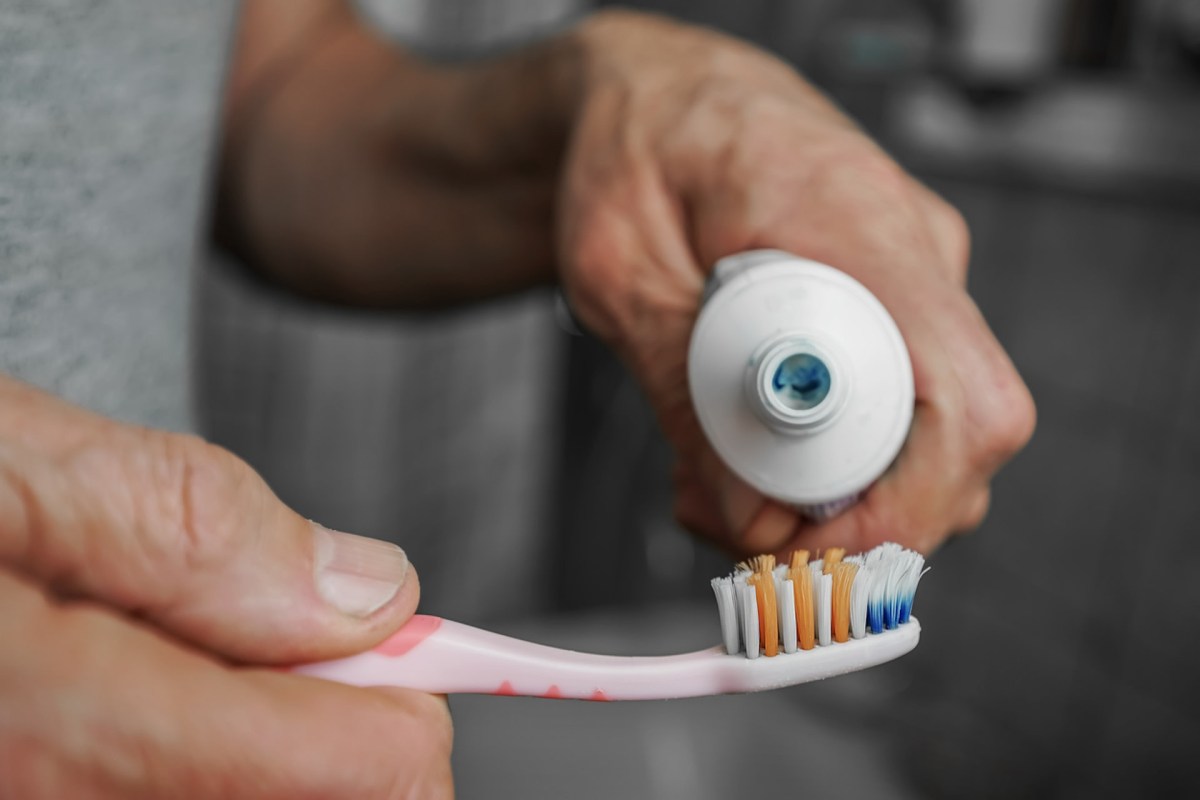Fluoride is commonly known as the stuff in toothpaste that prevents cavities and strengthens enamel. But the compound may have a new important role to play, as researchers from the U.S. Department of Energy's Argonne National Laboratory have discovered that a fluoride electrolyte may be effective at making electric vehicle batteries last longer.
"An exciting new generation of battery types for electric vehicles beyond lithium-ion is on the horizon," said Zhengcheng (John) Zhang, one of the researchers, according to SciTechDaily.
While almost all electric vehicles currently on the market are powered by lithium-ion batteries, scientists around the world are hard at work figuring out alternative types of batteries, ways to make existing batteries last longer, and ways to efficiently recycle batteries that have run their course.
That's because lithium-ion batteries contain several substances, including lithium, that must be mined from the earth, causing immense environmental degradation. These substances are also not renewable, making them a poor long-term plan for the EV industry.
The new breakthrough battery from the Argonne National Laboratory does still feature lithium, but it reportedly can deliver double the energy density of a traditional lithium-ion battery.
The fluoride came in when scientists discovered that it could be used to prevent the battery from degrading over hundreds of charging cycles.
"The key difference in our new electrolyte is the substitution of fluorine for hydrogen atoms in the ring-like structure of the cation part of the ionic liquid," Zhang said. "This made all the difference in maintaining high performance for hundreds of cycles in a test lithium metal cell."
The more scientists can advance the technology behind electric vehicle batteries, the better it is for the planet and for the health of all humankind. According to one report from the American Lung Association, replacing all gas-powered cars in the U.S. with EVs by 2035 would result in 89,300 fewer premature deaths by 2050.
Join our free newsletter for weekly updates on the coolest innovations improving our lives and saving our planet.









